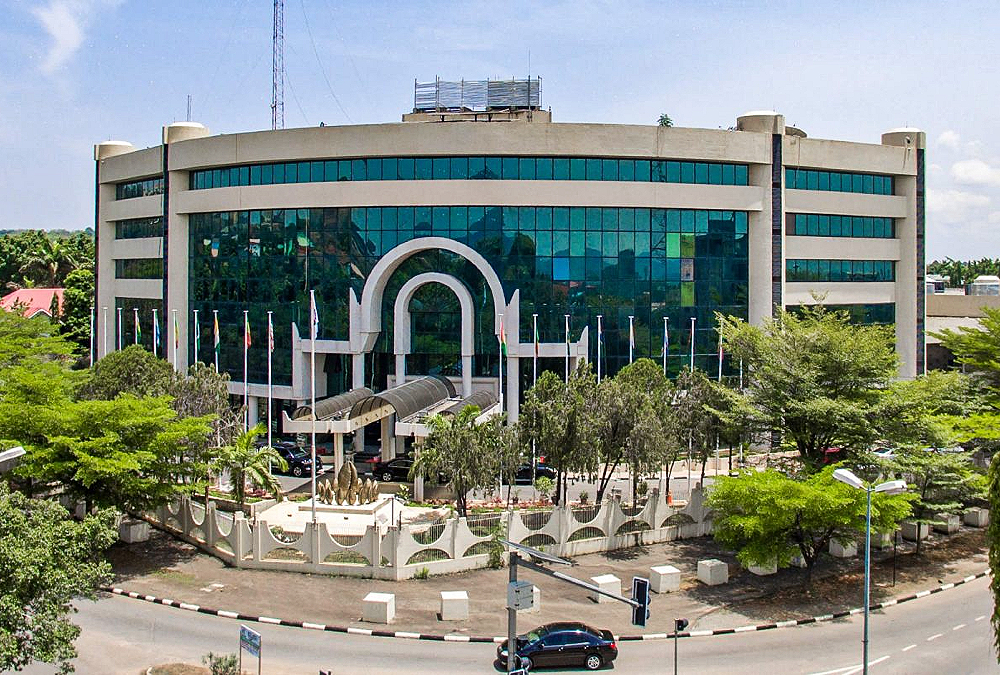In a major step towards boosting regional integration and economic growth in West Africa, heads of member states of the Economic Community of West African States (ECOWAS) convened in Lagos on Saturday to finalize the design of the $15 billion Lagos-Abidjan Corridor Highway Development Project. This ambitious infrastructure initiative will link five West African nations—Nigeria, Benin, Togo, Ghana, and Côte d’Ivoire—via a 1,068-kilometer highway, significantly enhancing trade and connectivity across the region.
The meeting, chaired by Nigeria’s Minister of Works, Dave Umahi, focused on advancing the project to the procurement phase, with construction slated to begin in 2025. Umahi highlighted that the highway project has been in development for over a decade and has received substantial backing from the African Development Bank. “The design of the project, ESIA design, conceptualization, funding mechanisms have been in the works for the past 11 years,” said Umahi, expressing optimism that the design would be finalized during the meeting.
The Lagos-Abidjan Corridor Highway will span eight border towns, beginning at Eric Moore in Lagos and culminating in Abidjan, Côte d’Ivoire. Once completed, the highway is expected to serve more than 500,000 passengers daily, facilitating trade, tourism, and economic growth throughout West Africa. The project is also part of the broader Dakar-Lagos Corridor, a key ECOWAS initiative aimed at promoting regional integration.
Ghana’s Minister of Roads and Highways, Mr. Francis Boakye, underscored the critical role of infrastructure in fostering economic development, comparing the Lagos-Abidjan highway to the U.S. interstate system that fueled economic growth in America. Côte d’Ivoire’s Minister of Equipment and Road Maintenance, Dr. Amede Kouakou, reaffirmed his country’s commitment to accelerating the project, emphasizing the transformative benefits it will deliver to both Côte d’Ivoire and Nigeria, as well as the entire region.
The Lagos-Abidjan highway, upon completion, promises to become a cornerstone of West Africa’s economic future, driving trade, tourism, and cross-border collaboration among its member states. With ECOWAS leaders working toward final design approval, the highway is one step closer to reality, representing a landmark project for the region’s integration and development.



